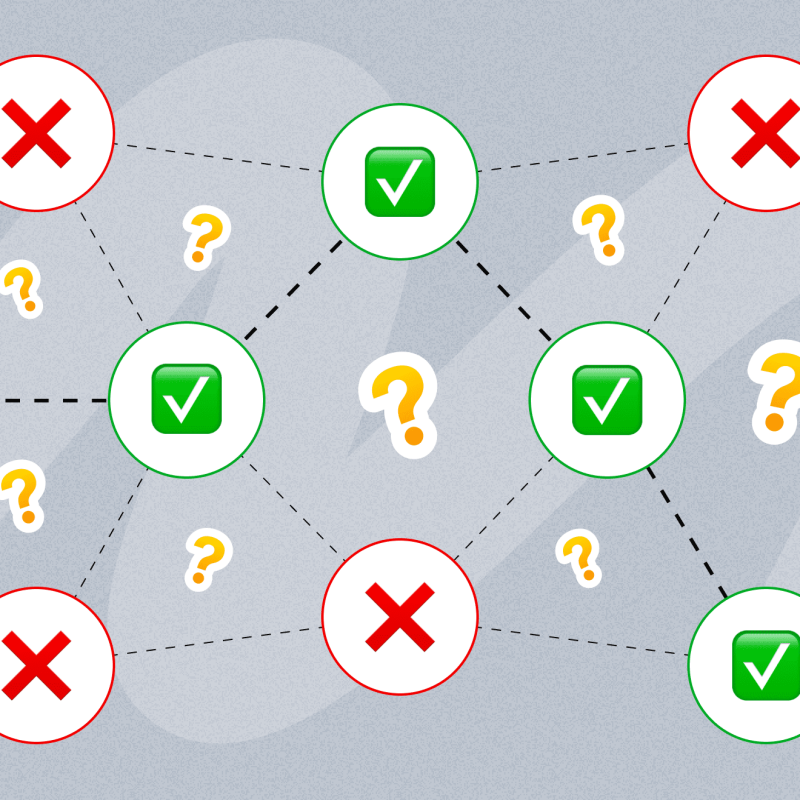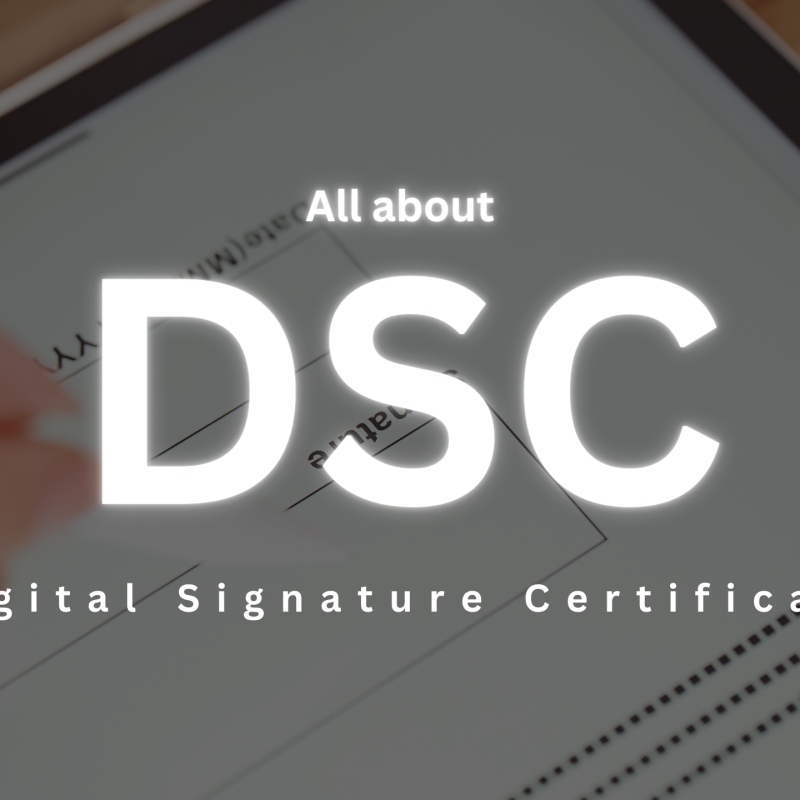Generation Z, the cohort born from the late 1990s to the early 2010s, is rapidly emerging as a powerful force in the consumer market. As digital natives with unique values and behaviors, they are redefining the landscape of consumerism. Their influence extends across various industries, pushing brands to adapt to their distinct preferences and expectations. This blog will provide an in-depth look at the Gen Z mindset, highlighting their core values, the best strategies for engaging with them, and the challenges and opportunities that arise when marketing to this dynamic generation.
Core Values of Gen Z
Social Consciousness
- Environmental and Social Impact: Gen Z is profoundly concerned about global issues such as climate change, social justice, and ethical business practices. They are more inclined to support brands that demonstrate a commitment to making a positive impact on society and the environment.
- Transparency and Accountability: This generation demands transparency from brands regarding their practices and policies. They are quick to call out companies that fail to uphold their promises or engage in unethical behavior.
Authenticity
- Genuine Connections: Gen Z values authentic interactions and is wary of traditional advertising tactics that come across as insincere. They prefer brands that engage with them in a genuine and relatable manner.
- Peer Recommendations and Influencers: Trust is heavily influenced by peer recommendations and influencer endorsements. Gen Z places significant weight on user-generated content and reviews over traditional marketing messages.
Digital Natives
- Technology Savvy: Growing up with the internet and smartphones, Gen Z is highly proficient with digital technology. They expect seamless and interactive online experiences, from social media to e-commerce.
- Personalized Content: Customization and personalization are crucial. Gen Z expects brands to deliver tailored content and offers that reflect their individual preferences and behaviors.
Experiences Over Things
- Prioritizing Experiences: This generation values experiences such as travel, concerts, and unique events over material possessions. They are more likely to invest in creating memories rather than acquiring physical goods.
- Experiential Marketing: Engaging Gen Z through experiential marketing campaigns that offer memorable and immersive experiences can be highly effective.
Marketing to Gen Z
Embrace Social Media
- Platform-Specific Strategies: Use platforms like TikTok, Instagram, and Snapchat to engage with Gen Z where they spend their time. Tailor content to fit the unique characteristics of each platform.
- Interactive Content: Leverage features like polls, challenges, and live streams to create interactive and engaging content that resonates with Gen Z.
Create Authentic Content
- Storytelling and Relatability: Develop content that tells a compelling story and aligns with Gen Z's values. Authenticity and relatability are key to capturing their attention and trust.
- Behind-the-Scenes Insights: Offer behind-the-scenes looks at your brand, including the people and processes that make it unique. This transparency helps build a deeper connection.
Leverage User-Generated Content
- Encourage Participation: Motivate Gen Z consumers to create and share content related to your brand. User-generated content not only fosters engagement but also serves as a powerful form of social proof.
- Highlight Contributions: Feature user-generated content on your brand's social media channels and website to show appreciation and amplify community involvement.
Prioritize Sustainability
- Eco-Friendly Practices: Highlight your brand's commitment to environmental sustainability and social responsibility. Showcase initiatives such as reducing carbon footprint, ethical sourcing, and community support.
- Green Certifications and Partnerships: Obtain certifications and partner with organizations that support sustainable practices, and promote these affiliations to build credibility.
Focus on Inclusivity
- Diverse Representation: Ensure your marketing materials and campaigns represent a diverse range of people. Inclusivity in branding helps resonate with Gen Z's values and fosters a sense of belonging.
- Inclusive Messaging: Craft messages that are sensitive to various cultures, identities, and backgrounds, and avoid stereotypes or exclusionary language.
Challenges and Opportunities
Rapid Trend Evolution
- Keeping Up with Trends: Gen Z is known for quickly adopting new trends and platforms. Staying current with their preferences requires continuous monitoring and adaptability.
Balancing Technology and Human Touch
- Human Interaction: While Gen Z is tech-savvy, they still value human interaction. Finding the right balance between digital engagement and personal connections is essential.
Building Long-Term Loyalty
- Evolving Expectations: Gen Z’s expectations are constantly evolving. Businesses need to be agile and responsive to maintain relevance and build long-term loyalty.
Managing Digital Overload
- Effective Communication: With constant digital exposure, capturing Gen Z's attention can be challenging. Clear, concise, and engaging communication is key to standing out.
Conclusion
Understanding and catering to the Gen Z mindset is crucial for businesses aiming to connect with the next generation of consumers. By embracing their core values, leveraging effective marketing strategies, and addressing the associated challenges, companies can build strong relationships and achieve long-term success. As Gen Z continues to shape the future of consumer behavior, staying attuned to their needs and preferences will be pivotal in navigating the evolving market landscape.
FAQs
What defines Generation Z as a consumer group?
- Gen Z is characterized by their digital nativity, social consciousness, preference for authenticity, and focus on experiences over material possessions.
How can businesses effectively reach Gen Z?
- By using social media platforms, creating authentic content, leveraging user-generated content, prioritizing sustainability, and focusing on inclusivity.
What are some key platforms for engaging with Gen Z?
- TikTok, Instagram, and Snapchat are popular platforms where Gen Z spends significant time.
Why is authenticity important for Gen Z marketing?
- Gen Z values genuine interactions and is skeptical of traditional advertising. Authentic content helps build trust and relatability.
How can businesses balance technology with human interaction for Gen Z?
- Combining digital engagement with personal, human connections ensures businesses connect effectively with Gen Z while maintaining a personal touch.
For more compliance-related services and queries, explore Company24.in or call us at +91 9216472424 to simplify your business journey. And join our WhatsApp community to get detailed regular updates.








